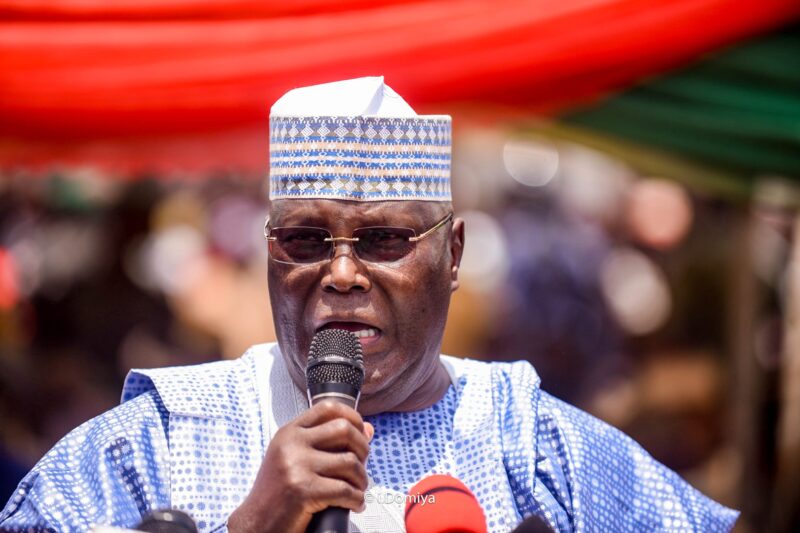Former Vice President Atiku Abubakar has strongly criticized the Federal Government’s recent decision to have the Central Bank of Nigeria (CBN) oversee crude oil sales proceeds from the Nigerian National Petroleum Corporation Limited (NNPCL).
In a statement on his social media handle on Thursday, Atiku Abubakar asserted that the move lacks legal grounding and could compromise the NNPCL’s operational independence.
The Federal Government, under President Tinubu, reportedly issued a directive requiring the NNPCL to submit crude oil sales receipts to the CBN for vetting and documentation. Atiku Abubakar deems this directive a violation of the legal status of the NNPCL and an arbitrary action that undermines the company’s autonomy.
Abubakar emphasized that the NNPCL, established by the Petroleum Industry Act 2021 (PIA), operates as an independent limited liability company. The PIA outlines detailed provisions for its governance and operations, emphasizing the importance of adherence to international best practices and corporate governance principles.
The former vice president urged the government to respect the law and allow the NNPCL to function independently to attract investments and achieve global relevance in the petroleum industry. He warned that any attempts to undermine the company’s operational independence could hinder its growth and potential.
Abubakar also pointed out that the Central Bank Act 2007 doesn’t grant the CBN the authority to vet transactions or maintain internal controls and audits for state-owned enterprises. He called for the CBN to focus on its core functions as outlined in the law.
To enhance transparency, Abubakar suggested that the Nigeria Extractive Industry Transparency Initiative (NEITI) and the CBN could monitor the NNPCL’s bank accounts for crude sales proceeds. Additionally, he proposed the reconstitution of the NNPCL board to include representatives from the CBN and NEITI.

This critique comes amid a lack of detailed communication from the current administration regarding the reasoning behind the decision, raising concerns about due process and transparency in public administration.










Join our Channel...